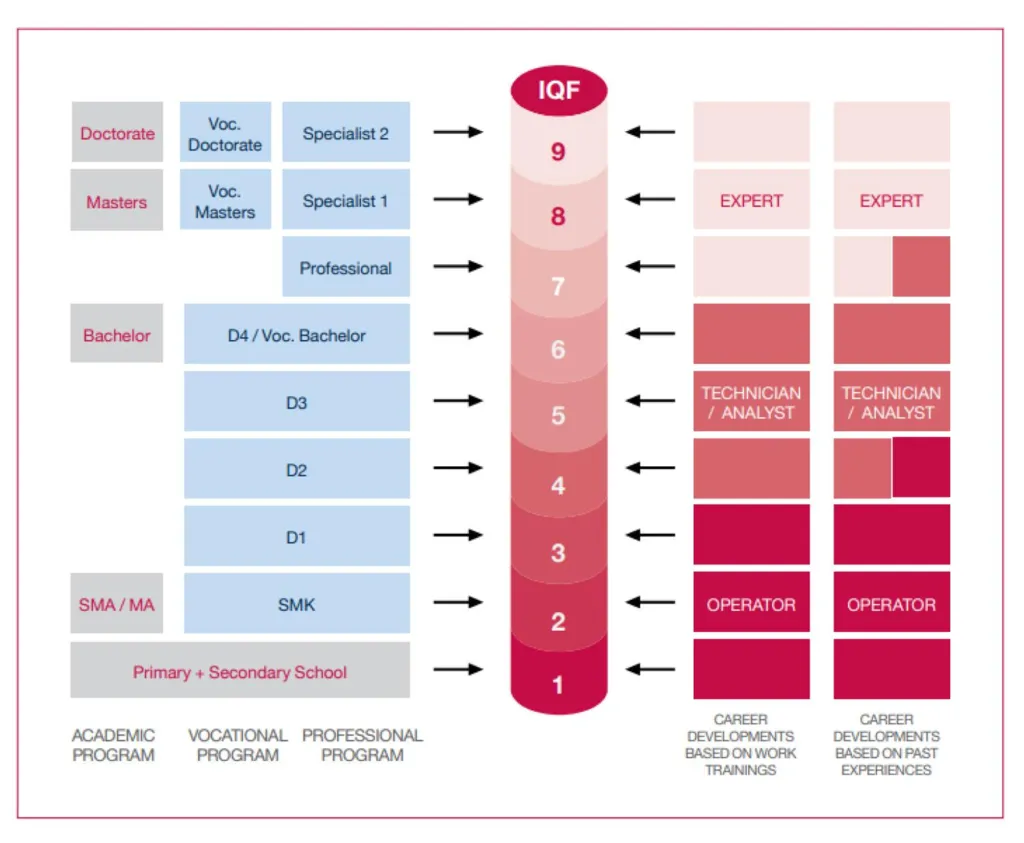Indonesia is at the center of a digital transformation that could shape its future economy. Yet while demand for AI talent soars, a growing Indonesia AI Workforce Exodus threatens to undermine domestic capacity. Skilled workers are increasingly moving abroad, leaving gaps that could slow down the country’s ambitions in artificial intelligence.
AI Disruption and Workforce Transformation
The World Economic Forum estimates that 23 million jobs in Indonesia could be displaced by AI and automation by 2030. This figure highlights how much the workforce is set to change in less than a decade.

At the same time, AI-related roles are growing rapidly. LinkedIn’s 2023 report shows demand for jobs like AI specialists and cloud engineers has risen by more than 35% year-over-year. While this signals opportunity, it also underscores how quickly skills need to adapt to new technologies.
Read Also: AI and Indonesia Digital Economy Growth Soar to Turn Heads
Government Efforts to Reskill Workers
Recognizing this shift, Indonesia has set an ambitious goal: equipping 9 million workers with digital skills by 2030 through programs such as Prakerja. These efforts aim to ensure that workers displaced by automation can transition into new, technology-driven roles.
But the scale of the challenge is enormous. Indonesia is projected to need 90 million skilled technology professionals by 2035 to meet the demands of its growing digital economy. This makes retaining and developing local talent critical to future growth.
Indonesia AI Workforce Exodus: The Brain Drain Challenge
Despite rising demand, Indonesia faces a persistent mismatch between the supply of AI talent and business needs. Many skilled workers are leaving for opportunities abroad, drawn by higher salaries, advanced research environments, and global career prospects.
This Indonesia AI Workforce Exodus weakens the local AI ecosystem. Companies struggle to fill roles, and domestic innovation slows as expertise flows out. The problem is worsened by low digital literacy and unequal access to technology, particularly in rural regions, limiting the pool of new talent available to replace those who leave.
Global Firms Deepen Competition for Talent
Ironically, Indonesia’s importance in the global AI landscape is attracting major investments. Companies like NVIDIA and Microsoft have announced large-scale initiatives, including data centers and AI facilities. While these investments confirm Indonesia’s strategic role, they also increase competition for top local talent, as global firms often offer better compensation and opportunities than domestic employers.
The result is a paradox: international companies invest heavily in Indonesia’s AI future, but their presence accelerates the very talent shortages that risk slowing progress at home.
Read Also: The Rise of Indonesia AI Talent Export Worldwide
Rising Adoption vs Shrinking Capacity
AI adoption within Indonesian workplaces is already high, with surveys showing 92% of companies have integrated AI into their operations. Yet this rapid adoption stands in contrast to the shrinking domestic talent pool. Without enough skilled professionals, many businesses risk relying on imported expertise or lagging behind competitors in AI deployment.
What’s at Stake for Indonesia AI Workforce Exodus
The consequences of the Indonesia AI Workforce Exodus extend beyond just unfilled jobs. Losing skilled professionals threatens long-term innovation capacity, reduces competitiveness, and creates dependency on foreign expertise. To reverse the trend, Indonesia must expand its upskilling programs, improve digital literacy nationwide, and create incentives for talent to stay. That means not just more training but also building an innovation environment where AI professionals can thrive without needing to leave.
FAQs
1. Why is Indonesia losing AI talent to global firms?
Better pay, advanced research opportunities, and stronger career paths abroad attract Indonesian professionals.
2. How many workers need digital skills by 2030?
Indonesia plans to upskill 9 million workers through government programs like Prakerja.
3. What impact do U.S. firms have on Indonesia’s AI sector?
Investments from companies like Microsoft and NVIDIA boost infrastructure but increase competition for talent.
4. What percentage of companies in Indonesia use AI?
Around 92% of workplaces report AI adoption, highlighting strong demand for skilled professionals.
5. How many tech professionals will Indonesia need by 2035?
The country will require about 90 million skilled technology workers to sustain its digital economy.







